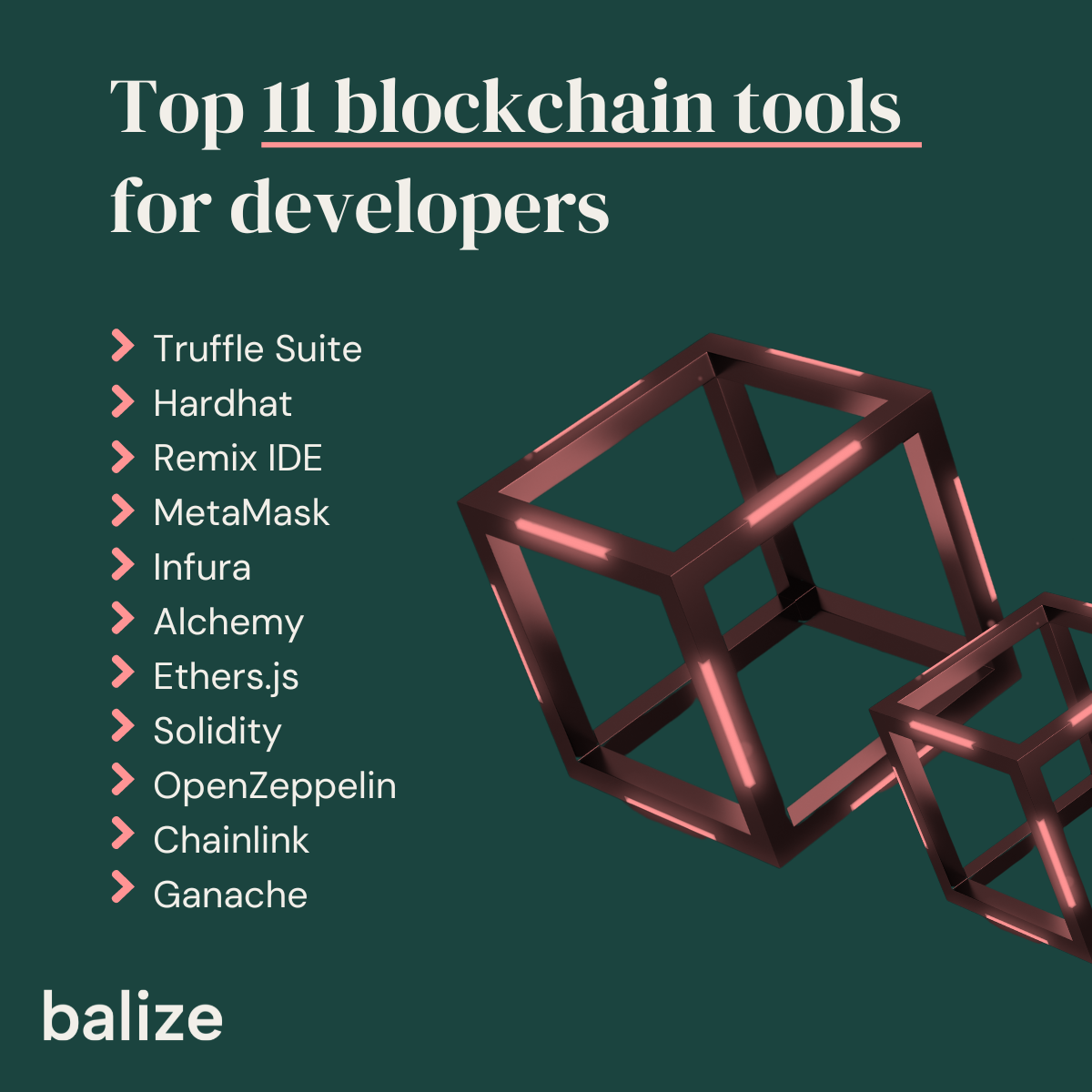Blockchain or chain of blocks is a set of technologies consisting of a shared or distributed database where the recorded information is stored in blocks linked together cryptographically.
Each digital record in the chain is called a block, hence the name, and it allows an authorized group of users to participate in this "large electronic ledger." These individuals are responsible for entering the data into the blocks, examining, and validating it without needing to know each other, so no third-party mediation or supervision is required. The information is always available, decentralized, and distributed across independent nodes.
The blocks store information linearly and cannot be deleted or manipulated because each block is cryptographically connected to the previous one. This explains why this technology is so innovative, secure, and transparent.
Blockchain is used to conduct any type of transaction involving tangible or intangible assets. Anything that holds value can be traded through blockchain, from the sale of property, the acquisition of a digital artwork, a patent, or the signing of a contract between companies.
What is a blockchain developer?
A blockchain developer is a programmer responsible for creating applications for the blockchain network. They need specific knowledge in programming languages, consensus algorithms, cryptocurrency mining, and project management. Solidity, Vyper, and Rust are some of the programming languages used for blockchain development.
Their job is to develop secure and decentralized applications (dApps), define the structure of the blockchain network, configure security protocols, develop smart contracts, and maintain updated documentation ensuring code quality, among other tasks.
But what is a smart contract? Smart contracts are used to automate a secure agreement between two parties, allowing specific parameters to be set so that the transaction only occurs once these conditions have been met.
The best blockchain tools for developers:
- Truffle Suite. It is the infrastructure used to deploy blockchain applications on the Ethereum platform. It also includes a massive library of customized implementations for writing smart contracts that solve blockchain development challenges.
- Hardhat. Although its network is based on Ethereum, it offers advantages for identifying errors in contracts in a more practical way.
- Remix IDE. This tool focuses on the base browser where smart contracts are implemented. It uses Solidity language. It provides complete documentation for connecting with Ethereum and MetaMask.
- MetaMask. Wallet for storing crypto assets and executing smart contract transactions.
- Infura. It provides access to Ethereum blockchain nodes in a simple and scalable way. For developers, it is useful to interact with this network without having to run the full node.
- Alchemy. It is a platform that manages and accelerates the development of blockchain-based applications. It allows the developer to focus on the application logic rather than the technical aspects of the blockchain.
- Ethers.js. It is an open-source library that provides an easy way to work with Ethereum decentralized applications. It has solid documentation and an active community, features that are very helpful for developers.
- Solidity. Programming language for Ethereum Virtual Machine (EVM) compatible chains.
- OpenZeppelin. It is a contract library that offers a wide range of secure contracts and libraries. Each contract is designed with high-security standards.
- Chainlink. It is a node network platform that enables data transmission between smart contracts on the blockchain and external sources. It has its own virtual currency, link, which is traded on the platform.
- Ganache. A tool used for testing applications on Ethereum, it allows for testing dApps, inspecting the state, and executing commands with full control over the chain. Another advantage of this tool is the availability of several options, such as the built-in block explorer and advanced mining controls.
Ether is the name of a cryptocurrency, while Ethereum is an open-source platform that, as mentioned earlier, allows developers to create applications as well as smart contracts. Other blockchain development platforms include Hyperledger Fabric and EOS.

Blockchain in the real estate market
The lack of transparency has traditionally accompanied the real estate sector, for example, in the negotiation of buying and selling a property. The application of blockchain to market operations directly addresses this problem by establishing a public and decentralized record of all transactions. Each transaction is recorded in a block on the chain and cryptographically verified, ensuring its integrity.
In the real estate context, the use of smart contracts automates processes such as property transfers or rent payments. In the process of purchasing a property, this type of digital contract ensures that all requirements, such as mortgage approval, are met before releasing the funds to the seller. Intermediaries are eliminated, saving time and costs for all parties involved.
Through the tokenization of real estate projects managed by balize, it is possible to acquire debt or equity in a property. Tokens can be bought, sold, and traded, allowing investors to diversify their portfolio more easily than with traditional real estate investment.

